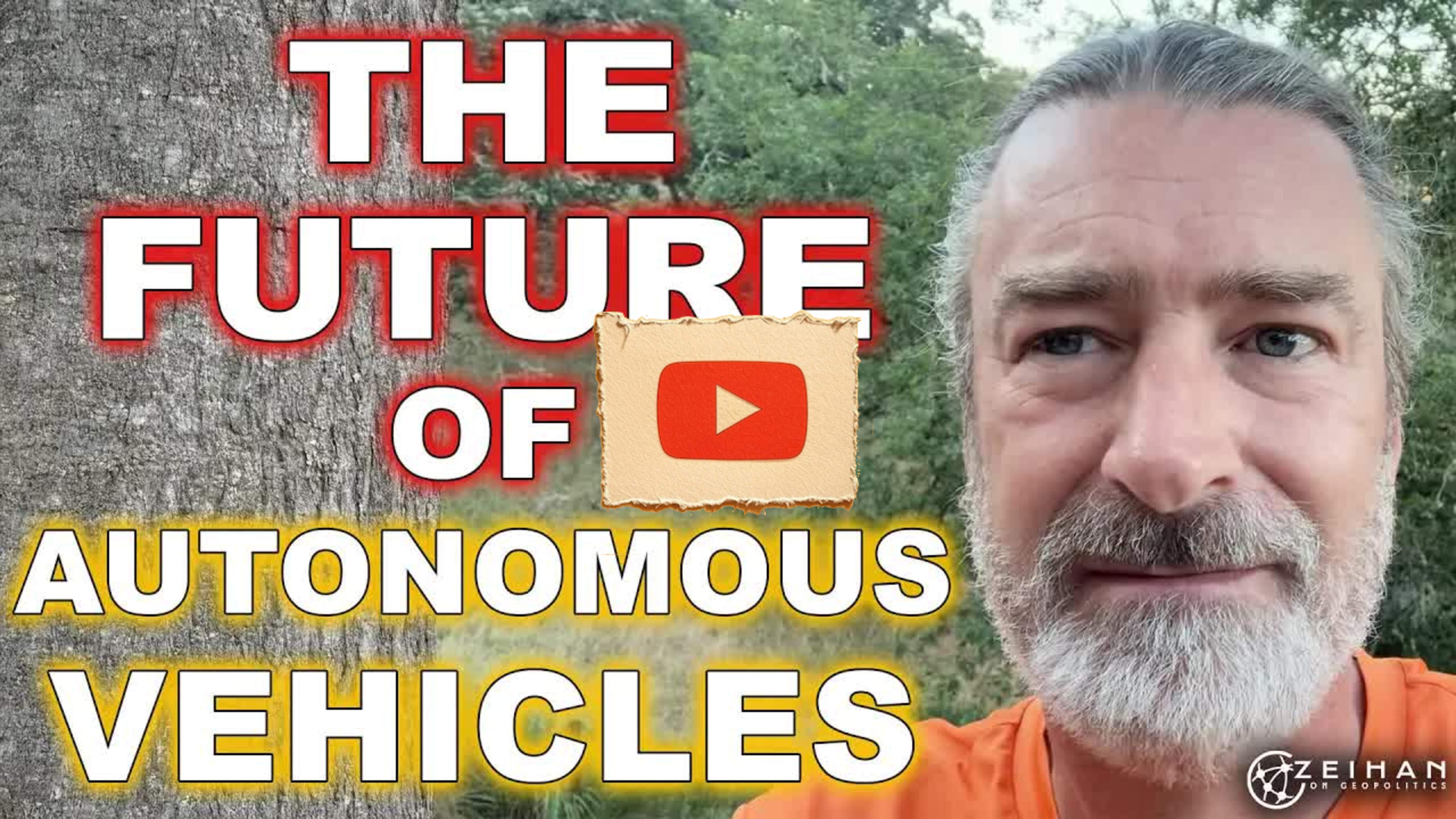Key Points
- Electric vehicles don't make economic sense for average consumers without substantial subsidies, which are going to zero under the Trump administration
- Without subsidies to support mass adoption, the necessary charging infrastructure will never be built
- About half the U.S. population doesn't have a garage to charge an electric vehicle
- 80% of global lithium processing happens in China, creating a supply chain vulnerability
- The Trump administration is removing grants and subsidies that were established to build domestic battery processing infrastructure
- Tesla holds most of the necessary EV engineering expertise in the U.S. but hasn't released a new model in 3 years
- Elon Musk's corporate empire is at risk of dissolving over the next couple of years
- Over 75% of U.S. EV owners have them as their third or fourth car, not their primary vehicle
- The full lifecycle carbon footprint of manufacturing EVs makes them questionable as an environmental choice
- An automated electric vehicle requires about $2,000 worth of chips, half of which are high-end and difficult to obtain
- In a deglobalizing world, the capacity to produce high-end chips will likely go to zero
- True autopilot requires significant local processing power that can't depend on weather or network uplinks
- The future of the technology is likely in truck convoying rather than personal vehicles
- Truck convoying would involve one lead vehicle with human operators followed by multiple automated trucks
- Convoying technology doesn't require electric vehicles and needs lower quality chips than full autopilot
- Legal liability issues remain unresolved - it's unclear who's at fault in accidents (driver, software developer, manufacturer, sensor designer)
- Congress needs to codify liability rules before automated vehicles can gain significant market penetration
- Electric vehicles work best in specific locations with concentrated infrastructure like Oslo, Norway, not broadly across the U.S.
Full Transcript
 Great Pods
Great Pods
 Great Pods
Great Pods